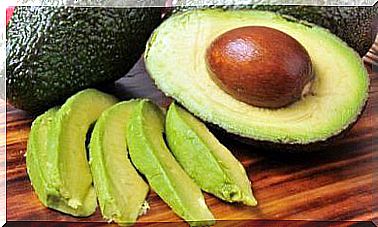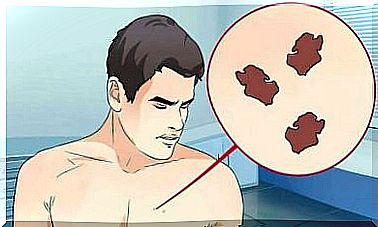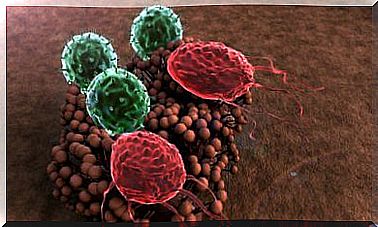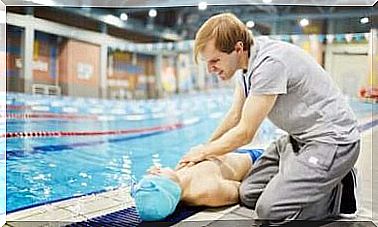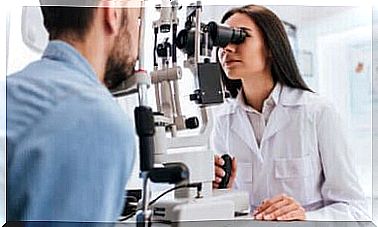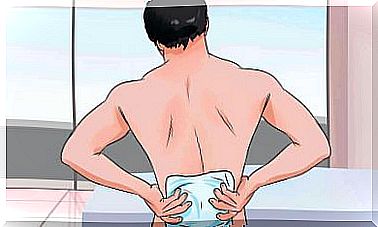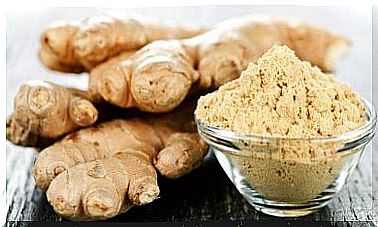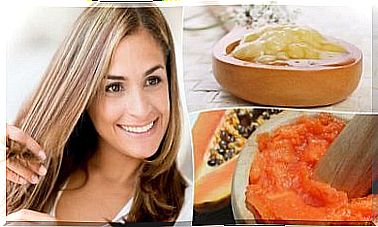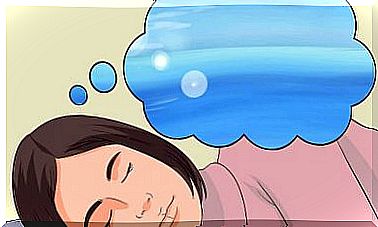Proper Nutrition For Iron Deficiency Anemia
Iron deficiency is one of the most common causes of anemia. An iron-rich diet is especially important in this case.
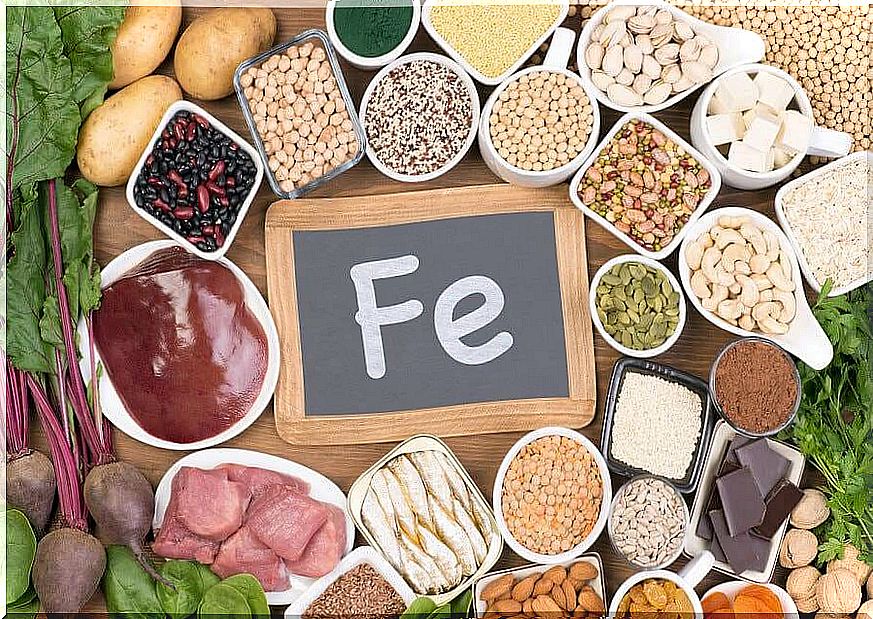
Iron can be found in almost every cell in the body and plays an important role in the energy balance. An unbalanced diet can lead to deficiency, so today we are going to explain the role diet plays in iron deficiency anemia.
According to the Spanish Society of Cardiology, iron deficiency can in most cases be remedied with iron supplements and proper diet. This is important to avoid iron deficiency anemia. Because the consequence of anemia is that less oxygen is transported in the blood, which in turn has various effects on the body.
The most common type of anemia is iron deficiency anemia, because iron promotes the formation of red blood cells. Find out more about this topic today.
What is iron deficiency anemia?
Anemia or anemia describes a lack of hemoglobin (blood pigment) and / or red blood cells. The normal values of hemoglobin are usually above 12 g / dl in women and 13.5 g / dl in men.
When the hemoglobin level in the blood drops, the following symptoms occur: tiredness, paleness, irritability, decreased exercise capacity and increased pulse.
What are the causes?
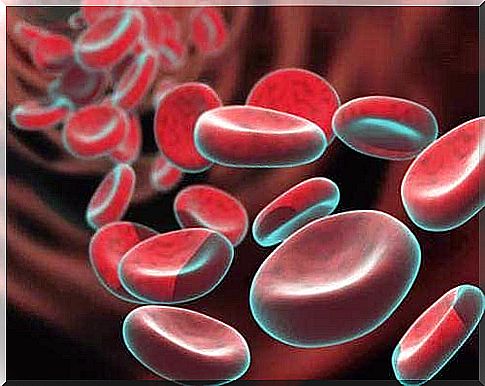
The healthy red blood cells are made in the bone marrow and circulate around the body for 120 days as they carry oxygen into the tissues. Iron is an important part of the red blood cells. Without iron, the blood cannot properly transport oxygen. We usually get iron through food.
Iron deficiency anemia occurs when there are no longer enough iron reserves in the body. The following reasons could be responsible for this:
- You are losing more red blood cells and iron than your body can produce. For example because of heavy bleeding.
- Your body cannot absorb iron properly.
- You are not getting enough iron from your diet,
- Your body needs more iron, for example during pregnancy or breastfeeding.
- A disease like celiac disease or Crohn’s disease prevents adequate iron absorption.
- You are strictly vegetarian.
Iron Deficiency Anemia and Diet
With a balanced diet, there is usually no reason for iron deficiency anemia. The iron requirement depends on age and gender:
Age women (mg / day) men (mg / day)
1-9 10 10
10-19 15 12
20-49 15 10
> 50 10 10
In the second half of pregnancy , the iron requirement increases up to 25 mg / day. During breastfeeding, the requirement is reduced to 15 mg / day.
What the right diet should look like for iron deficiency anemia
A medical examination is important to get to the bottom of the causes of iron deficiency anemia. Your doctor will then recommend the right treatment for you. In addition, a diet rich in iron is essential.
The following foods should therefore not be missing on your menu:
Appetizers
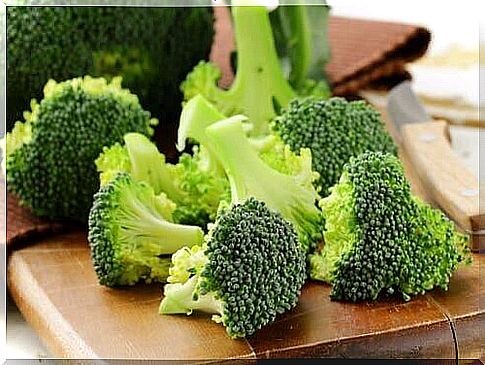
Combine vegetables that are rich in iron and vitamin C, such as broccoli, bell peppers, Swiss chard, spinach, or tomatoes. You can serve them with rice, pasta, or legumes, for example in salads or other recipes.
Main courses:
Red meat is also an important source of iron. However, you should pay attention to lean meat so as not to consume too much saturated fat and cholesterol. Meat should be on the menu three to four times a week (if there is no anemia, red meat once a week is sufficient).
Shellfish or clams (clams, mussels and cockles) can be eaten fresh or canned. They taste great in salads, pasta dishes, rice, etc. A can with 80 g cockles contains almost 13 mg iron (a healthy woman of reproductive age needs 18 mg daily).
Legumes are one of the most important vegetable sources of iron and should therefore play an important role in your diet. Lentils contain a lot of iron and are also rich in protein and low in fat.
Desserts
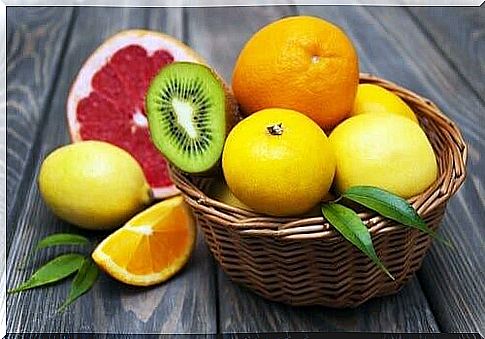
Make sure to include the following fruits for dessert: oranges, tangerines, blood oranges, melons, papaya, strawberries, kiwis and pineapples. They are rich in vitamin C and citric acid, which promote the absorption of iron.
Don’t forget: Always get support from your doctor or nutritionist!
